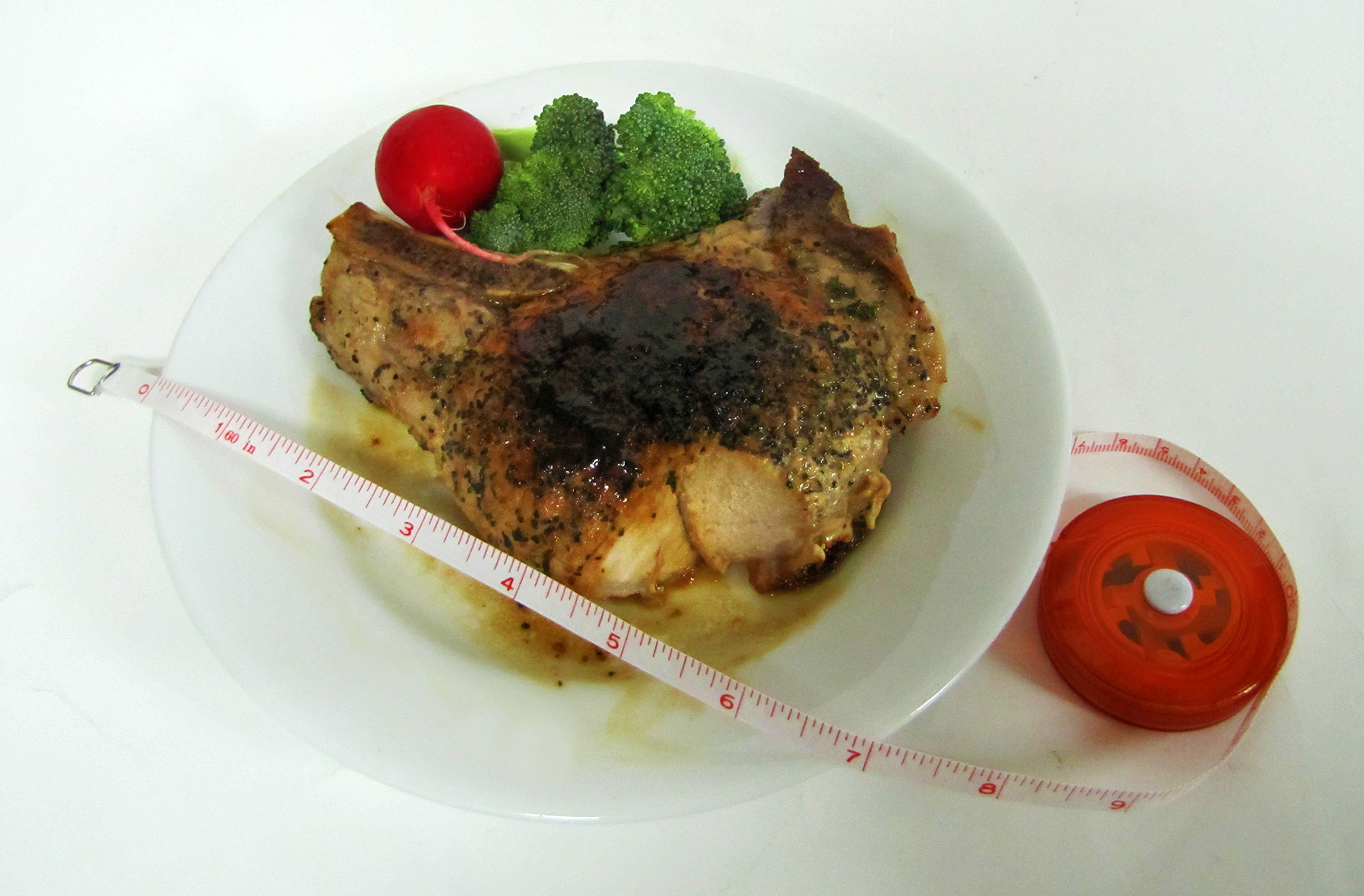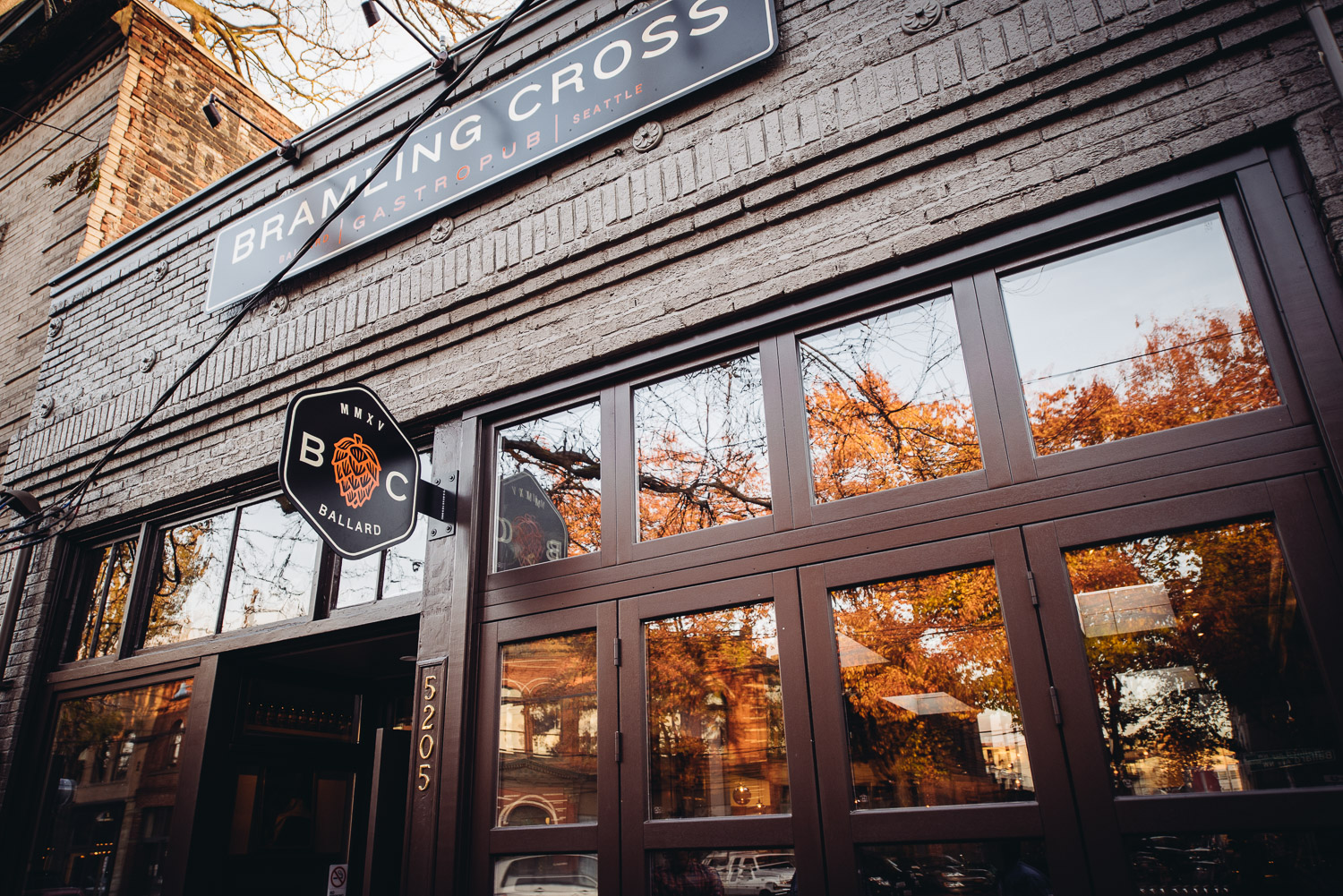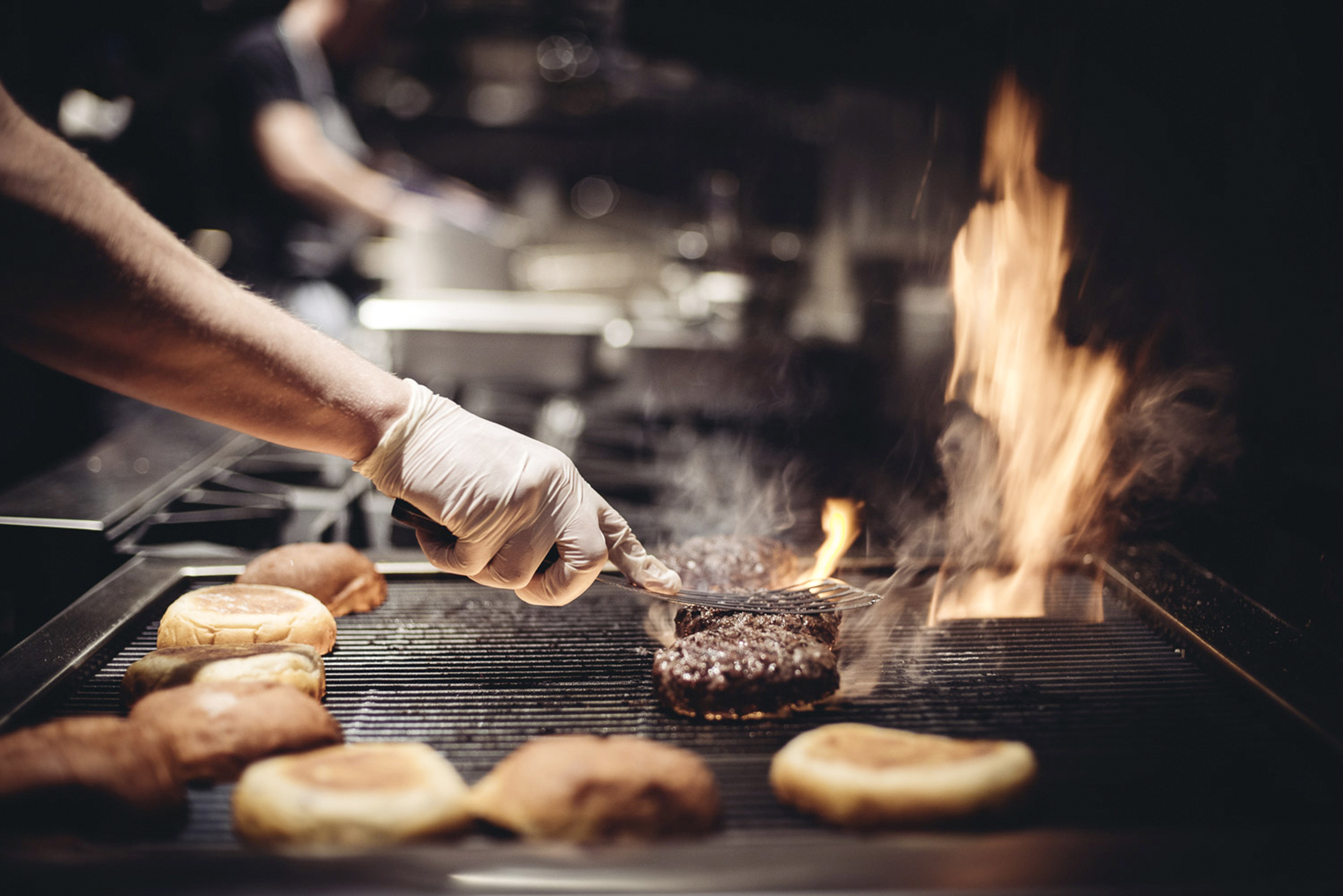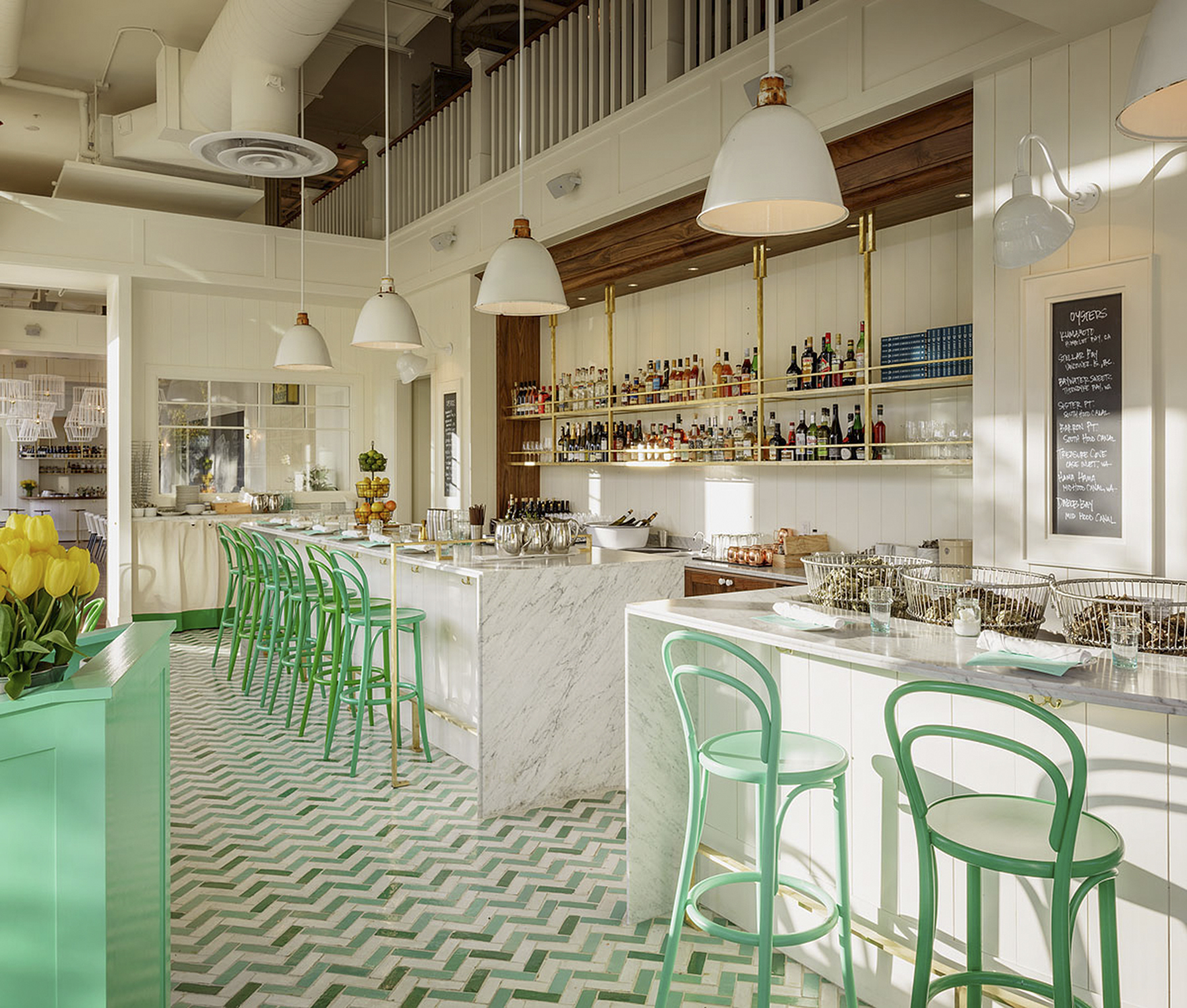Have you ever had to break up with a restaurant you loved? What would drive you to never return again? As I worked on my recent essay “Breaking up with a Restaurant,” I found myself asking friends and family these two questions. I wanted to commisserate, yes, but I also wanted to know how tolerant different people were of lousy service, especially people who love food as much as I do.
It seemed like the perfect question to kick off the Seattle Weekly Food Panel, a new regular feature where local folks with a passion for food tell us what they think. Though most of our panelists don’t directly work in the food industry, many have previously, and several are still involved in the culinary world in their spare time. All of them follow food trends, restaurant openings and closings, and like to cook. You can read extended bios of each here and their answer to my burning questions below, after you read my original essay, of course. And stay tuned for more monthly panel discussions on food trends (good and bad), Seattle’s culinary scene, and other gastronomic miscellany.
Breaking up with a Restaurant: How Unkind Service Made My Heart Hurtby Nicole SprinkleSooner or later, depending on how long it takes to get a reservation, you’ll end up having a bad time at what is supposed to be a good restaurant. When that happens, you might be startled by how upset you become. It probably won’t be the food that’s to blame.” So wrote renowned food critic Alan Richman in a 2011 GQ article, “Diner for Schmucks,” after having a particularly bad service experience…
I returned to this story by Richman, under whom I studied at the French Culinary Institute, because I just had my own all-time worst restaurant encounter. Before I hadn’t quite grasped his thesis, but now his words resonated. My parents were in town recently, and I wanted to treat them to a great Seattle restaurant—somewhere memorable, beloved by a city that makes great food. I chose a currently popular, relatively new place that served a style of cuisine my parents love.
After our entrees arrived, my partner took a bite of his pork chop and got a puzzled look on his face. “What’s wrong?” I asked him. “This is really salty,” he said. “Can you taste it?” I took a bite and grimaced. My mom and dad each took a bite. The verdict: way oversalted. Inedible. We hailed the waitress. She was extremely apologetic and asked if we’d like another. At this point it was pretty late, and we weren’t up for the 20-minute pork-chop prep time again. We declined dessert.
When the check came, we were surprised to see the $22 chop on the bill—especially considering we’d had only four bites of it and didn’t accept another one or any other entree. An innocent mistake, I thought. When the waitress came back and we pointed it out, she apologized and said she’d get a manager. At least 10 minutes later, the restaurant’s owner came to our table, presumably to apologize and ask if he could get us a free dessert or drinks. (I’d never met him before and was happy to see him; he didn’t know I was the food editor at Seattle Weekly.)
Instead he said, “I heard you had a problem with the pork chop.” My stepfather politely explained to him that the pork chop had just been too salty to enjoy. What came out of the owner’s mouth next shocked us all: “Well, by the time it got to me it was three- quarters eaten,” he stated in an accusatory tone. My stepfather, one of the friendliest, least confrontational people I know, understandably took offense: “We ate four bites of it.” “I’m just telling you what I saw,” the owner shot back. “Then why don’t you bring the pork chop back out and we’ll measure it?” my stepfather retorted. Not possible, the owner said. “Hey, I just came out here to talk to you and find out what happened. If you guys want to take it here . . . ” he then said, implying that we were escalating. “How do you expect me to react?” my stepfather continued. “You questioned my honor.” The owner finally said he would take it off the bill.We all left angry and stunned. Why would an owner ever treat a well-meaning customer so terribly? We’d just spent upward of $200. The $22 pork chop didn’t really matter in the grand scheme of things. It was just the principle. But before leaving, I politely informed the owner that I was the food & drink editor at Seattle Weekly. I wanted him to know that we weren’t just some jerks trying to get a free pork chop; that I’d chosen his restaurant with care. Letting my anonymity slip, though, meant that I couldn’t return—even if I wanted to—to review the restaurant. I also realized that it would be unfair to base a review on a single isolated experience, which is why, in this recounting, I’m leaving the restaurant’s name out of it.But I couldn’t just let it go. I wanted to know why this episode stung so much. So the next week I called the owner to hear his side of the story. He told me that the pork chop was indeed three-quarters eaten when he finally saw it, to which I asked: “What does ‘by the time I saw it’ mean exactly?”In a nutshell, the cook who prepared it might have tried it to see how salty it was. But the owner never actually talked to the cook, nor to the waitress who would have seen firsthand how much of the chop we actually ate. “On such a busy night, it was just easier to find out what had happened by asking you guys,” he told us. So essentially, since their process had completely broken down, he’d put the burden of explaining on us—his paying customers.
After replaying the incident and our follow-up phone conversation, I still couldn’t redeem the owner’s actions. Sure, people screw up. People have bad nights, as Richman points out in his article, restaurant owners included. But this was just too egregious. The more I thought about it, the more I understood why I was so upset about what had happened—why poor service rattles us. “You can always shrug off a tough steak, since the chef didn’t mean to disappoint you. But everyone takes poor service personally,” Richman goes on to say in his article. I realized how much we rely on our restaurant experiences to be fulfilling, not just physically but emotionally. There’s a reason the 20 percent tip has become de rigueur, and it’s not just because we’re all robotic morons afraid to look like cheapskates. It’s because we truly do find value in our exchange with the people who feed us. Hospitality is an industry, but it’s one that’s rooted in the personal and primal. It begins when our mothers consider what to ingest in their own bodies to ensure our healthy entree into the world. Then, as we grow, we continue to be fed by our loved ones. Some of my most enduring childhood memories involve the “hospitality”—the accommodation, the generosity, the obligingness—of my family: my grandmother picking blue crabs and handing me the best chunks of back fin meat; my grandfather making breakfast every morning on vacation and keeping it warm for me, the lazy teenager, who rolled out of bed hours after everyone else had eaten. Post-college, my chef boyfriend brought me home strawberry shortcake from the restaurant he worked in as a loving midnight snack. My mother continues year after year to mail Christmas cookies (made from the same old cookie cutters we used when I was little) to me and my family—no matter that they get smashed up on the trip. When finally we’re old enough to head out to restaurants on our own, we’ve been conditioned to expect, if not outright love, a close approximation of affection. Smiles, friendly conversation. A commitment to getting us happily fed. We’ve entered into a “relationship” that’s loaded with preconceptions and desires. Good service draws on our history and delivers us something we subconsciously craved—even if we didn’t realize it. When that relationship breaks down, it’s not just anger we’re left to feel (though certainly that’s a legitimate feeling), but flat-out hurt.
I get that this puts a whole lot of pressure on the people who cook and serve us at restaurants—probably far more than they deserve. Yet I think anyone in the food-service industry needs to think hard about what they’re entrusted with—as so many do. Sure, we want delicious food, we want good ambience. But ultimately we also want to be treated kindly. As Julia child says in My Life in France: “The waiters carried themselves with a quiet joy, as if their entire mission in life was to make their customers feel comfortable and well tended.” While that may be taking it to a bit of an extreme, the sentiment behind it is spot-on. Perhaps most important, though, this isn’t a diatribe about the customer always being right. The customer is often not right—or at least is exercising poor judgment. And the whole concept of “right” can be a very gray area when it comes to something like taste. Plus, servers and other restaurant staff don’t deserve to be treated poorly either. But if an amiable customer politely makes a request or expresses dissatisfaction, a restaurant should take the high road and do what they can to make them feel better—not dismiss their opinion or make accusations. If you get bad food, it’s easier to blame it on a bad night and still feel like you want to come back and give a place a second chance. But unkind treatment sticks with you—and in this case it means I’ll never come back to this particular restaurant, because ultimately I won’t feel welcome.
Waiters, cooks, and certainly restaurateurs have a big job—one that brings with it more power over their customers than they might actually fathom. I think we assume it’s the customer—the one with the money—who has the upper hand in this dynamic. And while a customer does have power, it’s a far less meaningful kind. I unfortunately learned this the hard way.
The Food Panel Weighs In …
Leslie LaRue Macaroon Lover, Keeper of Chickens
I’ve had one major break up with a restaurant; having been a waitress all through college, I’m definitely prone to sympathy more than anger when something isn’t up to par at a restaurant. Slow service or even a poor quality meal aren’t enough to keep me from ending a relationship. But, once you question my integrity, we’re over. That happened when my family was in town and I was inspired a visit a new restaurant I’d heard about. The scallops I ordered just weren’t good; the sauce was runny and they weren’t cooked properly. I apologized, explained the situation and asked if I could order something else off the menu. The server agreed and brought me a new dish. However, I was surprised to find the scallops on the bill. I asked to speak with a manager about it. This is where the guilt comes in. She frowned, sighed, paused, and finally said that they don’t normally do this, but she’d make an exception. Her tone of voice and facial expression reminded me of a high school principal. Keep in mind, I’d eaten one scallop. The way it was handled made me feel like I was being dishonest or trying to pull a fast one by ordering twice. By graciously comping that meal, I would have not only come back, but spread the word on my positive experience. But, given what happened, I won’t be returning. No one likes to feel like they’re in trouble with the principal, especially when dining out.
Kuo-Yu LiangWriter, The Hungry Traveler
I have broken up with restaurants–usually over a period of decline in food quality and/or service. I’ve never done so over a single bad incident at a regular restaurant. My thinking is on any given night, a server/chef/manager/owner can lose their cool and say something they probably regretted later. I usually return, and luckily, find that the poor experience was not a pattern, but just a bad night.
Grace Doyle Home Cook, Former Board Member of Slow Food Seattle
For me, great service can go a long way towards encouraging me to return to a restaurant, even if the food is nondescript. Conversely, I don’t have much patience for poor service (I’m talking willfully poor, not the result of a harried or overwhelmed server) or food that is just indifferently prepared. There are too many fantastic restaurants in Seattle to return to a spot where I’ve had a legitimately bad experience. That being said, I can think of only two places in town where I’ve drawn the line at going back. Both are established, well-regarded fine dining spots known for the type of cuisine they specialize in. At the first, the server was so uninterested in serving us on our first visit that I’ll never go back, even though the food was actually fairly good. At the second, a spot I’ve eaten at multiple times over the years with generally good service and totally acceptable/tasty food, two dinners in a row where the food seemed uncared for in preparation, sloppily plated, and clumsily served got it 86’d from my return list.
Austin Dienst Board Member of the Market Foundation
I have definitely sworn off a restaurant because I didn’t like the food, but I’ve always been willing to give a restaurant a second (or even a third chance) on that front. I have a great deal of appreciation for the difficulty in preparing delicious food and am willing to give a restaurant the benefit of the doubt that it was just an off night. However, I don’t just go to restaurants for the food. I go for the experience. Service, ambiance, and price are big factors in the overall experience (along with the food). It’s more likely that I swear off a restaurant on those factors than on food. For example, there is a “top” restaurant less than three blocks from my house that I’ve been to exactly one time in three years because the whole experience was terrible. I’m told the food is delicious, but it all tasted bitter to me because of the terrible service, high price, and condescending atmosphere.
Sheri WetherellCo-Founder and CEO of Foodista.com
I’ve been fortunate to have not experienced service so egregious that I won’t return. However, one thing that will absolutely make me break up with a restaurant is out and out lying about an ingredient. I’ve experienced two unfortunate incidents at upscale restaurants in Seattle and have forever sworn them off. Last spring during salmon season, I ordered wild salmon, but what I got was clearly farmed. There’s no fooling someone who has grown up in the Pacific Northwest! I’m ashamed to admit that I didn’t say anything but more ashamed that a known seafood establishment would assume their guests wouldn’t know the difference. Then, last winter, I ordered what was sure to be a comforting cassoulet. The beans were cooked to tender perfection, the sausage was lovely, the overall flavor was just what I’d been craving. Then I saw a little drumstick (no thigh attached as a full leg should be in a confit) and said to my husband, “Hmm, this is chicken.” I tasted it. He tasted it. Chicken. I was not going to sit quietly by this time and pay $25 for chicken that was supposed to be duck. The waitress said she’d ask the chef and she came back saying, “He said it was indeed duck.” I would still bet 2-months salary that it was chicken. I’ve cooked enough of both birds to know the difference. Sadly, they lost me. Forever.
If you would like to become a member of the Food Panel, email me at nsprinkle@seattleweekly.com and tell me why we should care what you think. Or you can join the conversation via the Disqus comment section below. I’d love to hear what you have to say too! And feel free to suggest a topic you think bears talking about and we’ll consider it for a future panel.








